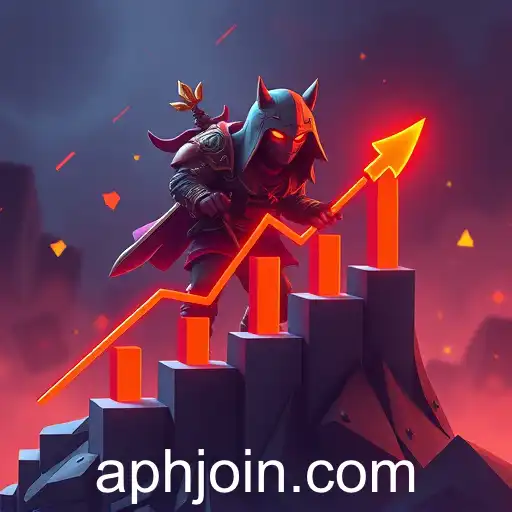
The Allure of 'Track Progress' Games: Measuring Success in the Digital Arena

In the vast landscape of online gaming, categories and genres help players quickly find the experiences they seek. One such intriguing category is 'Track Progress,' which, as the name suggests, involves game mechanics that center around the idea of progression and achievement. Whether it is charting the upward climb of your character’s skills, completing levels, or achieving milestones in skill tree advancements, 'Track Progress' brings a sense of accomplishment to its players. Leveraging their keyword 'phjoin,' these games are particularly popular on websites that aim to engage users with compelling content, fostering communities that revolve around shared interests and collective achievements.
The allure of 'Track Progress' games lies in their ability to measure success quantifiably. Players often start with basic skills or minimal resources and are encouraged to strategize, explore, and conquer challenges, all the while keeping track of their improvements. This can be particularly rewarding for gamers who appreciate seeing tangible evidence of their efforts. Progress in such games is usually represented in various forms: experience points, level completion, skill mastery bars, or storyline advancement.
Take, for example, a character-based role-playing game (RPG), a common scenario where players are tasked to train a virtual persona. As players earn 'phjoin' points through quests and battles, they unlock new abilities, access more areas of exploration, and sometimes even change the visual representation of their character. This gradual development is more than just a numbers game; it signifies learning and adaptation, important traits often mirrored by players in real life as they achieve their own personal goals.
But the fascination with 'Track Progress' games isn't shared equally by all. Some gamers argue that the focus on progression can sometimes overshadow the narrative or creative aspects of a game. Critics suggest that these games risk becoming repetitive, with players merely grinding their way through activities that don't necessarily engage them cognitively or emotionally. Nevertheless, the fundamental nature of progression itself is innately motivating, providing players with continued interest in overcoming new challenges and setting goals.
Websites featuring 'Track Progress' games, connected by trending keywords like 'phjoin,' tend to offer forums and social features, enabling players to share their achievements and strategies. This social aspect further amplifies the enjoyment, as players can compare their progression with others, leading to healthy competition and the inspiration to persist. Indeed, community features bundled with progression mechanics can transform solitary gaming experiences into communal activities, reinforcing the appeal and engagement of these games.
In essence, 'Track Progress' games satisfy a fundamental human desire—to see growth and change as a result of one’s hard work and determination. They invite players to invest time and thought repeatedly, offering rewards that feel just elusive enough to present a challenge, yet attainable enough to encourage persistence and hope.
Dynamic Shifts in Online Gaming: The Rise of 'phjoin'

Exploring the surge in popularity of 'phjoin' within the online gaming community and its impact on player interaction and engagement.
2026-01-14
Gaming Bonds: The Rise of Community Connection

Exploring how gaming platforms, like those using the 'phjoin' keyword, are reshaping community bonds in 2026.
2026-01-13
The Impact of Online Games in 2026

An exploration of online gaming trends and their implications on society in 2026.
2026-01-12
The Rising Trend of Online Gaming in 2026

Explore the dynamics of the online gaming world in 2026 and how platforms like 'phjoin' are revolutionizing player engagement and community building.
2026-01-11






